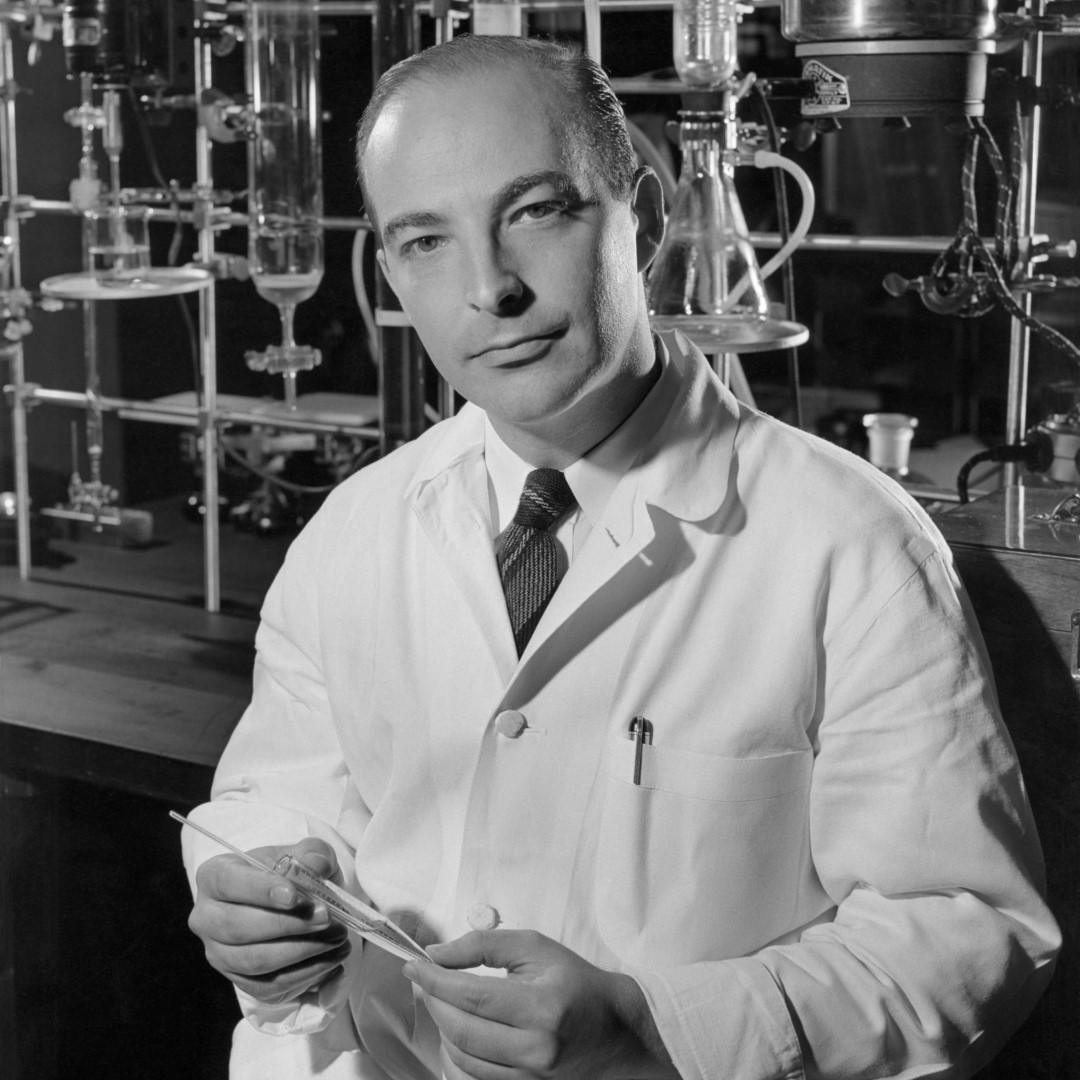
Stanford Medicine researchers discovered ‘off-switch’ for genetic reproduction in bacteria
On Oct. 22, 1990, scientists from Stanford University led by Arthur Kornberg announced they had discovered a chemical impulse that turns off the reproductive machinery in the chromosomes of E. coli bacteria.
The start and finish of DNA synthesis are key processes in the life of a cell because they regulate how cells of embryos multiply and differentiate into all the varied organs that make life possible–lungs, hearts, brains, livers, blood and so forth. The same researchers found the start “signal” nearly a decade ago. The study was published in the journal Cell.
Tags:
Source: LA Times
Credit:
